15 hidden iOS 14 features that will make your iPhone even better
These iOS 14 features haven't gotten much attention, but they'll make your iPhone experience better
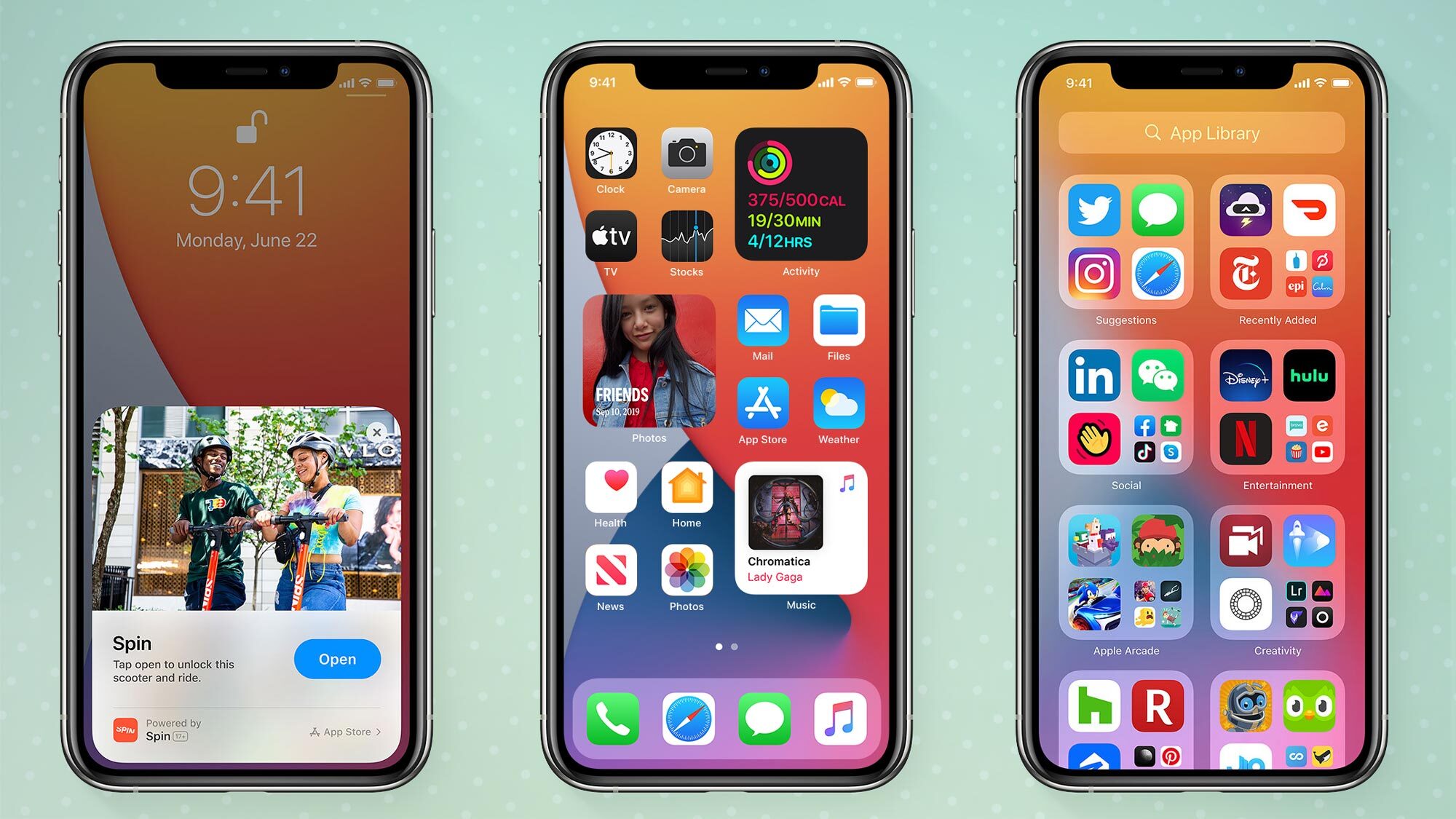
Think you know everything there is to know about iOS 14 and the features that are coming to your iPhone this fall? If you only paid attention to Apple's iOS 14 preview during this week's Worldwide Developer Conference, you only scratched the surface of the enhancements and changes slated for the next version of Apple's operating system.
That's no knock on Apple's iOS 14 presentation at WWDC 2020. With updates to macOS, watchOS and more to cover during a two-hour window, Apple could only devote so much stage time to its upcoming iOS update. But that doesn't change the fact that there are plenty of other features beyond iOS 14's new way of interacting with widgets, updated Maps and Messages app and brand new App Library that deserve your attention as well.
- How to download the iOS 14 beta right now
- watchOS 7: Everything you need to know about Apple's smartwatch software
- The best iPhones you can buy
We've gone over all of Apple's iOS 14 materials and spent some early time with the developer beta for iOS 14. (A public beta for the new OS is coming next month.) That's helped us find out more about some iOS 14 features Apple hasn't spent too much time talking about. But these hidden enhancements are every bit as important in making iOS 14 one of the most substantial updates to the iPhone in years.
Here's more information about the iOS 14 features you might have overlooked.
Back Tap
If you want an easier way to take a screenshot, launch an app or perform any other frequently used action, iOS 14 introduces a new gesture-based shortcut that could save you time. Called Back Tap, the feature lets you double- or triple-tap the back of your iPhone to perform a preset action.
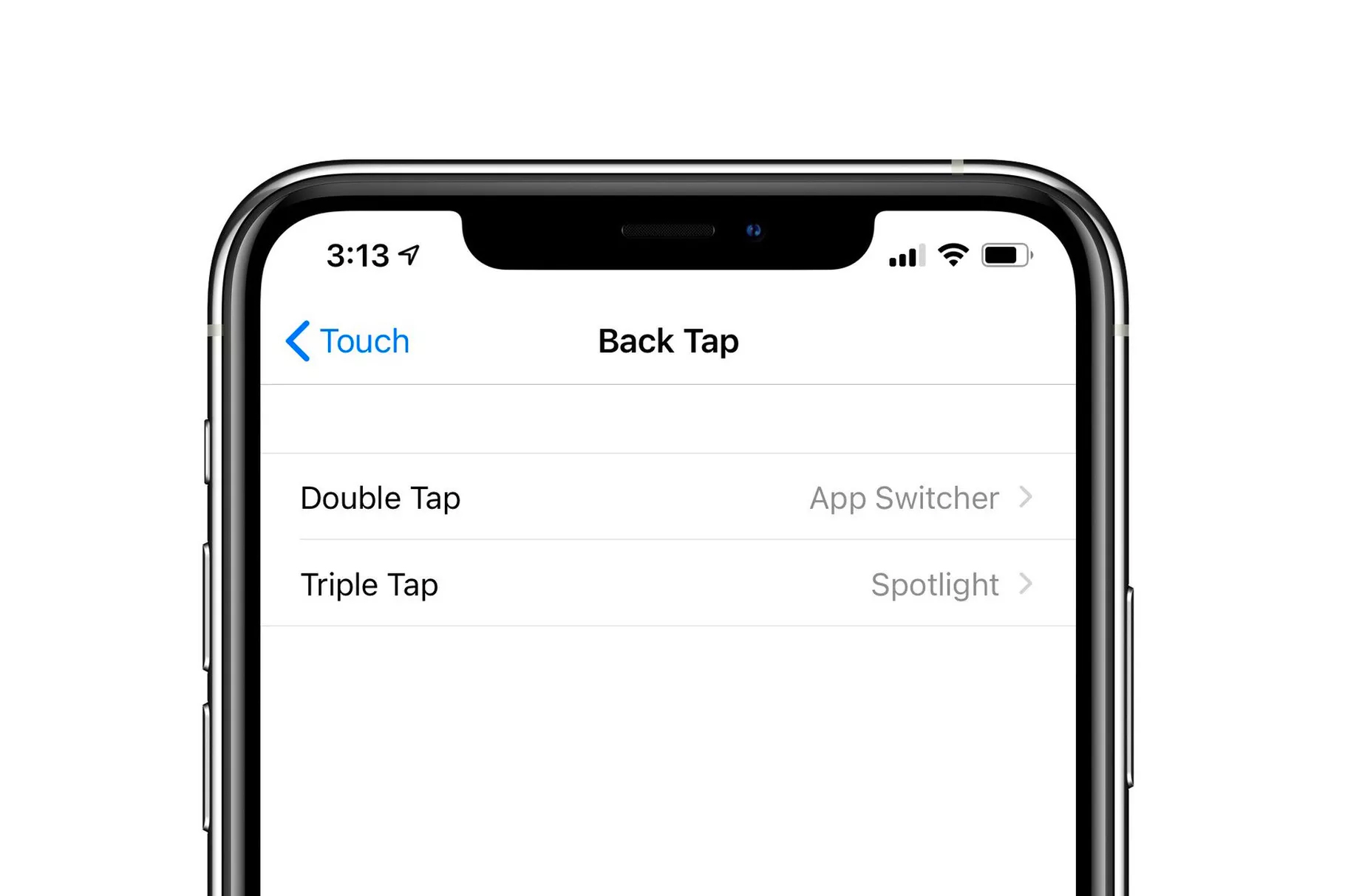
You enable Back Tap in the Accessibility section of iOS 14's Settings, and users are already sharing examples online of how they're able to take screenshots or launch specific apps by tapping the back of their phone. You can even use Back Tap to trigger a shortcut you've assembled using the built-in tools found in iOS.
People who've tested Back Tap so far report that it even works with iPhones that are inside cases. However, it won't work with all iPhone models, as our second-generation iPhone SE running the iOS 14 Developer Beta totally lacks the option for Back Tap. We'll need to spend more time with the feature, but initially, Back Tap looks like a real productivity booster for iPhone users.
Sign up to get the BEST of Tom's Guide direct to your inbox.
Get instant access to breaking news, the hottest reviews, great deals and helpful tips.
Change your default browser and mail apps
The iOS app store is filled with top mail apps and interesting browsers. But even if you give those apps a try, you still have to use the built-in Mail and Safari apps as your default. However, iOS 14 introduces a key change.
In iOS 14, you'll have the ability to set default mail and browsing apps — and that includes third-party options. Now when you click on a web link, it will open in the browser of your choice instead of defaulting to Safari.
Web page translation in Safari
When talking macOS Big Sur, Apple announced a feature coming to Safari that's long been one of Chrome's big strengths — Safari will be able to automatically translate web pages. And that feature isn't going to be restricted to desktops — the mobile version of Safari built into iOS 14 will include web page translation, too.
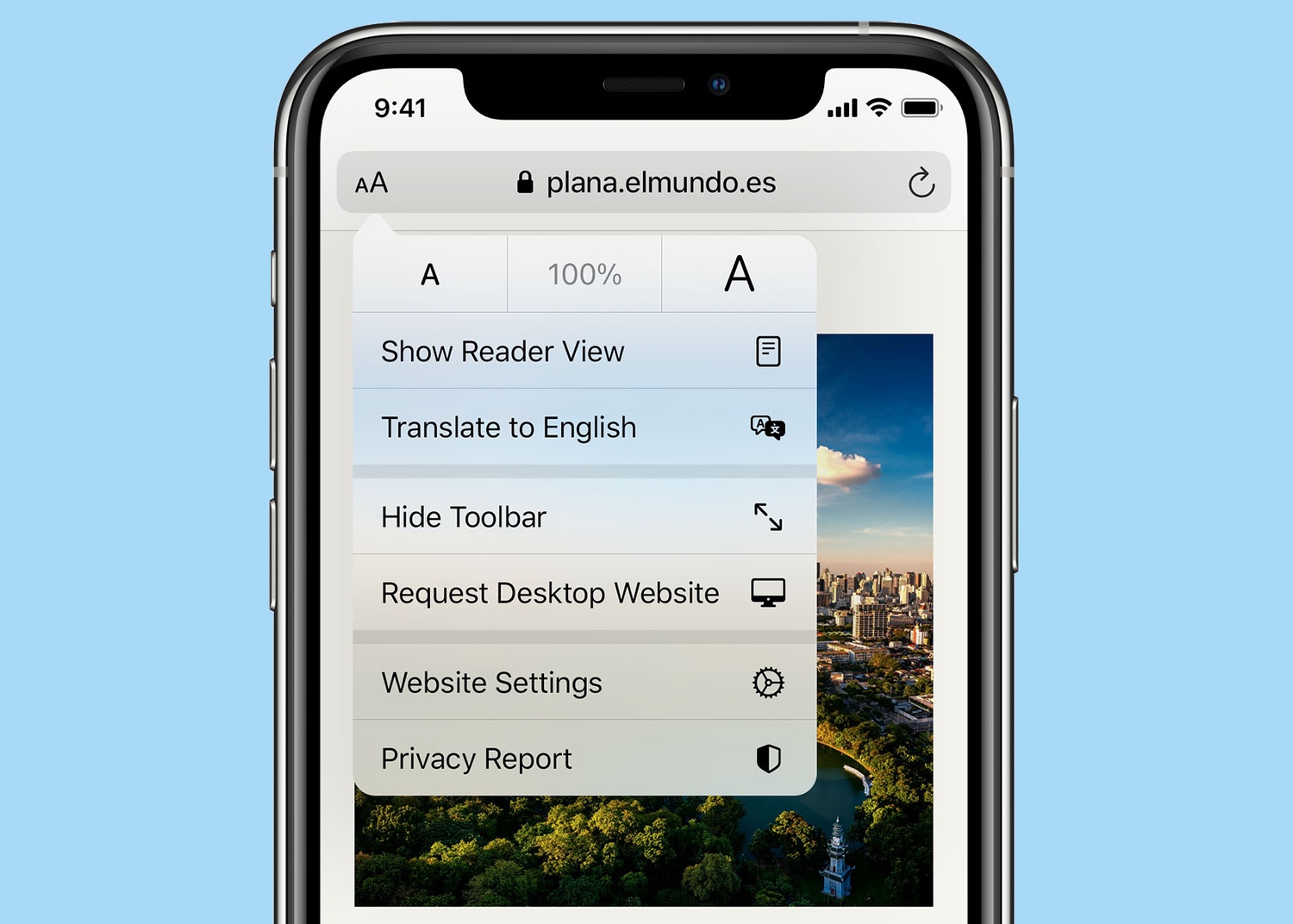
Safari's translation skills will be a little bit limited for now. Apple says the web browser will be able to translate pages that are in Spanish, Chinese, French, German, Russian or Brazilian Portuguese. But translation will be a simple matter of tapping a translate icon added to the address field in iOS 14's Safari.
Sound recognition
iOS 14 comes packed with accessibility improvements, but the one that really seems impressive is sound recognition. With this feature, your iPhone will be able to listen for specific sounds, whether it's a crying baby, door bell or smoke alarm, and alert you with an on-screen notification. It's a feature designed to help people with hearing issues who might otherwise miss these audio alerts.
iOS 14 comes with support for Sound Recognition in Accessibility. Your phone can now listen for specific sounds – a baby crying, smoke alarm, water running, etc. – and notify you. Amazing feature for all kinds of users – inclusivity at its best. #WWDC2020 pic.twitter.com/3hIL8JuTyBJune 23, 2020
We'll need to spend some time exploring iOS 14's sound recognition features, but at a glance, it looks like the feature will be able to listen for different kinds of alarms, pets, household activities like running water or a knock at the door, and certain noises from people. (Besides a crying baby, your phone can also tell you if people are shouting nearby.)
Other iOS 14 accessibility improvements
Sound recognition seems like the coolest accessibility change Apple is making in iOS 14, but it's not the only improvement. A new headphone accommodations feature aims to amplify soft sounds and adjust frequencies to help you better hear music, movies, phone calls, and podcasts. If you've got AirPods Pro earbuds, the headphone accommodations feature supports Transparency mode to amplify quiet voices.
The VoiceOver gesture-based screen gets beefed up in iOS 14 with Apple adding support to apps and web pages that don't have accessibility features built in. VoiceOver can describe what's on the screen to iPhone with impaired vision, and it sounds as if the feature's being extend to more places in iOS 14.
ARKit 4
Just because ARKit didn't get any stage time during WWDC doesn't mean that Apple's ignoring its set of developer tools for building augmented reality apps. iOS 14 includes a new version of ARKit, which introduces changes like the ability to place on virtual objects and extend face-tracking for any phone powered by an A12 Bionic chip or later. A new Location Anchors feature will let developers place AR elements at specific coordinates, allowing you to see AR elements at specific places in the real world.
All of these changes depend on developers exploiting Apple's new ARKit tools to build enhanced AR apps. So we likely won't be able to judge ARKit 4's impact until later in the year when these new and improved AR apps start appearing.
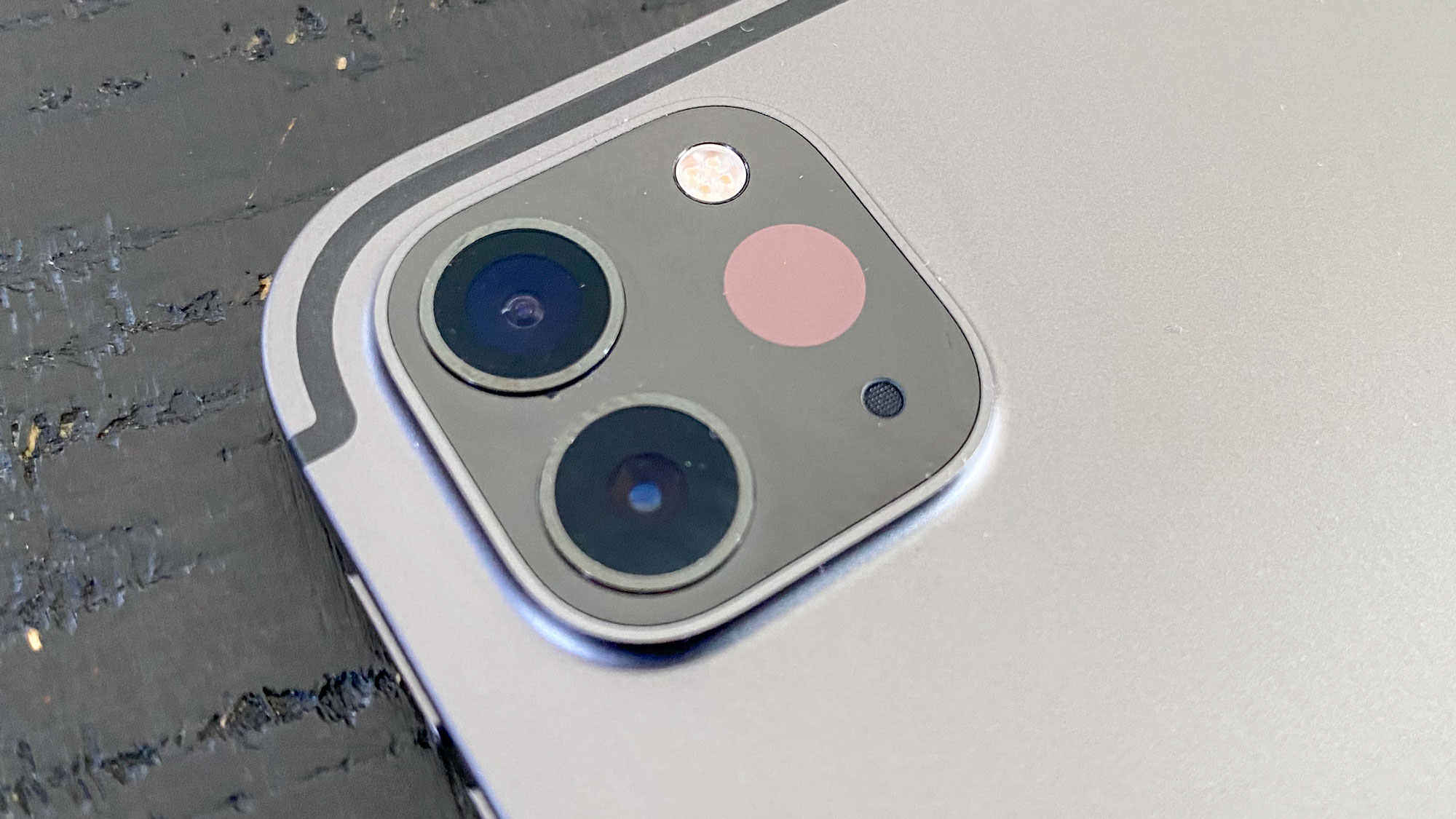
Another ARKit 4 enhancement worth keeping an eye on is found in iPadOS 14, the upcoming OS update for Apple's tablets. A Depth API in ARKit 4 can take more accurate depth measurements using the LiDAR sensor on the new iPad Pro. This allows for more realistic interactions with virtual objects. Should the iPhone 12 Pro models also get a LiDAR sensor as has been rumored, we'd expect this feature to find its way to the iPhone as well.
Extended Find My support
The Find My app introduced in iOS 13 combined the features of the old Find My Friends and Find My iPhone offerings to let you follow the locations of friends or track down misplaced or stolen Apple gear. Apple says it's expanding Find My's capabilities in iOS 14, with support for third-party products and accessories.
Details are sparse at the moment, but Apple is creating something called the Find My network accessory program, which will extend tracking to products beyond Apple's own devices. We expect to hear more details between now and iOS 14's final release later this year.
Health Checklist
Health is getting a number of tweaks in iOS 14, from better sleep management features to a new Wind Down setting that helps you relax before bedtime. But the most noteworthy addition so far seems to be the new Health Checklist.
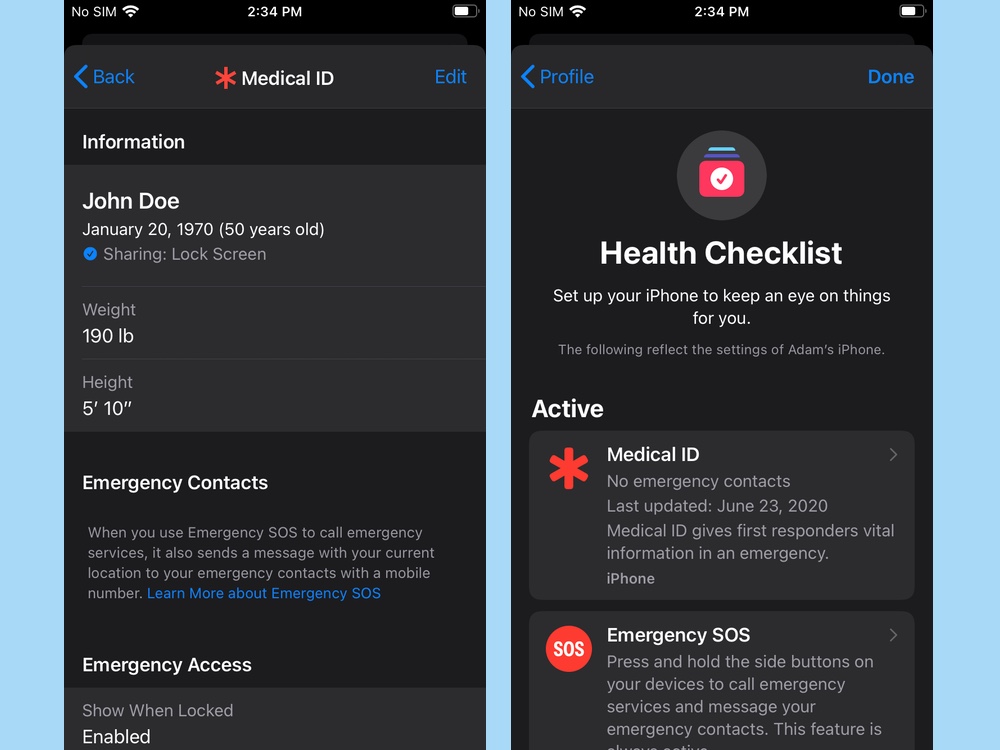
Apple intends for you to use this tool to track and manage health and safety features from one centralized location. You'll have access to Emergency SOS, Medical ID, ECG and Fall Detection features among others, and you'll be able to make sure they're properly set up on both your iPhone and your Apple Watch, if you happen to have one of Apple's smartwatches.
Weather improvements
Apple bought Dark Sky earlier this year, and iOS 14 reaps the benefits of having that well-regarded weather app in house. Apple's own built-in Weather app will now include a minute-by-minute chart that shows just how much rain or snow to expect in the next hour, at least if you're using the app in the US. iOS 14's version of Weather will also include warnings about severe weather conditions like tornados and floods in the US, Japan, Europe, Canada and Australia.
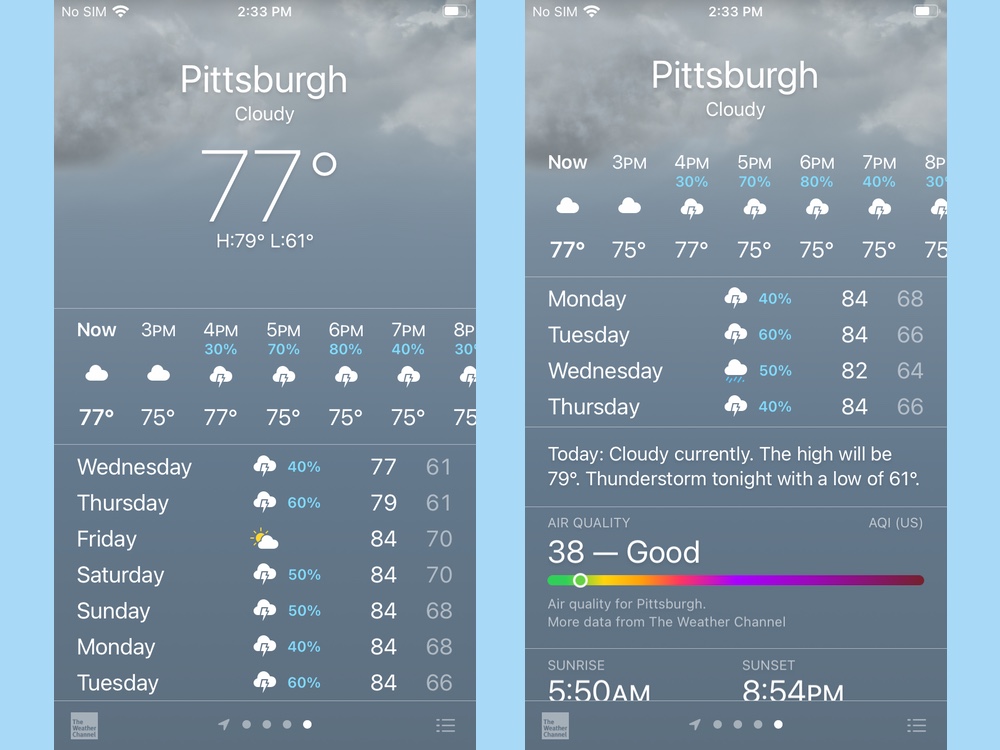
Other Weather enhancements include multi-day precipitation forecasts, showing you the chances of rain in the near future, as well as better indications for when the temperature will rise or fall dramatically from one day to the next.
A big Voice Memos enhancement
iOS 14's built-in recording app is getting a welcome boost with a feature that should make your recordings easier to listen to. A new Enhance Recording feature aims to reduce background noise with just a single tap, so you can better that lecture, interview or memo to yourself that you recorded.
Quick toggles for shooting video
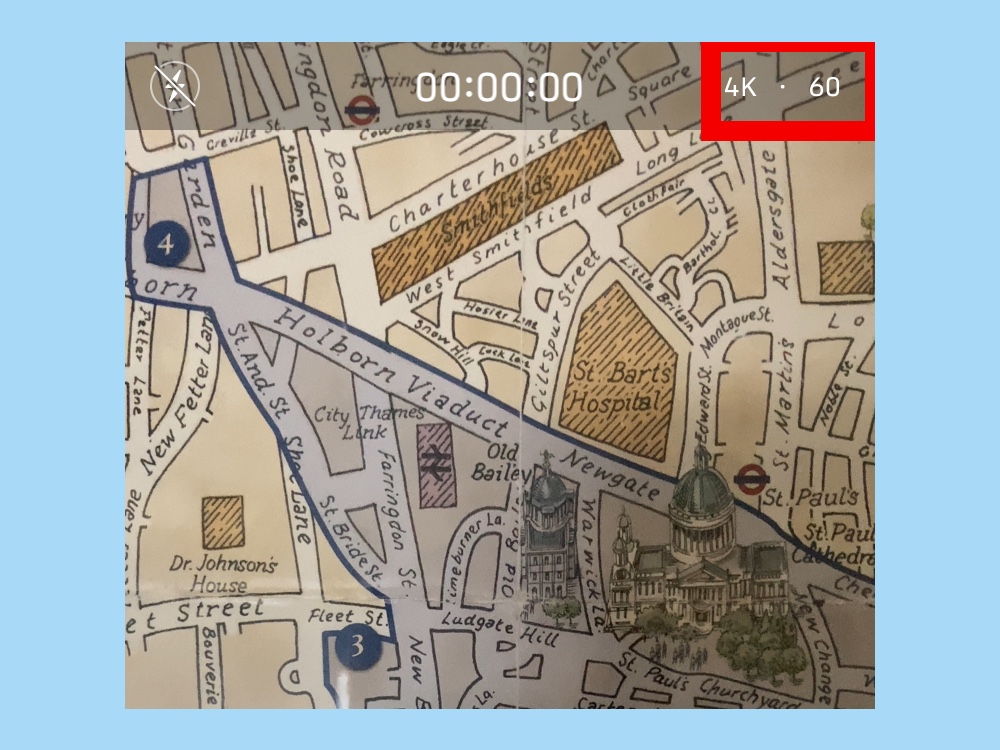
The Camera app is getting several enhancements aimed at improving the iPhone's standing as the best camera phone. Mobile photographers will appreciate Apple's promise of speedier timers to your first shot, as well as faster Portrait photo shooting. But video isn't left out of the mix, as iOS 14 adds new toggles for videos that will allow you to more quickly change a video's resolution and frame rate without having to dig deep into settings.
The Translate app's Favorites tab
Apple devoted some stage time at WWDC to a new addition to iOS 14 — the Translate app that will provide on-device translation to help you converse with people in one of 11 different languages. Turn your phone sideways for the Translate app's Conversation mode, and you'll see a split-screen view of the conversation being translated on both sides of the screen, accompanied by translated audio. The Translate app is even smart enough to detect the languages being spoken.
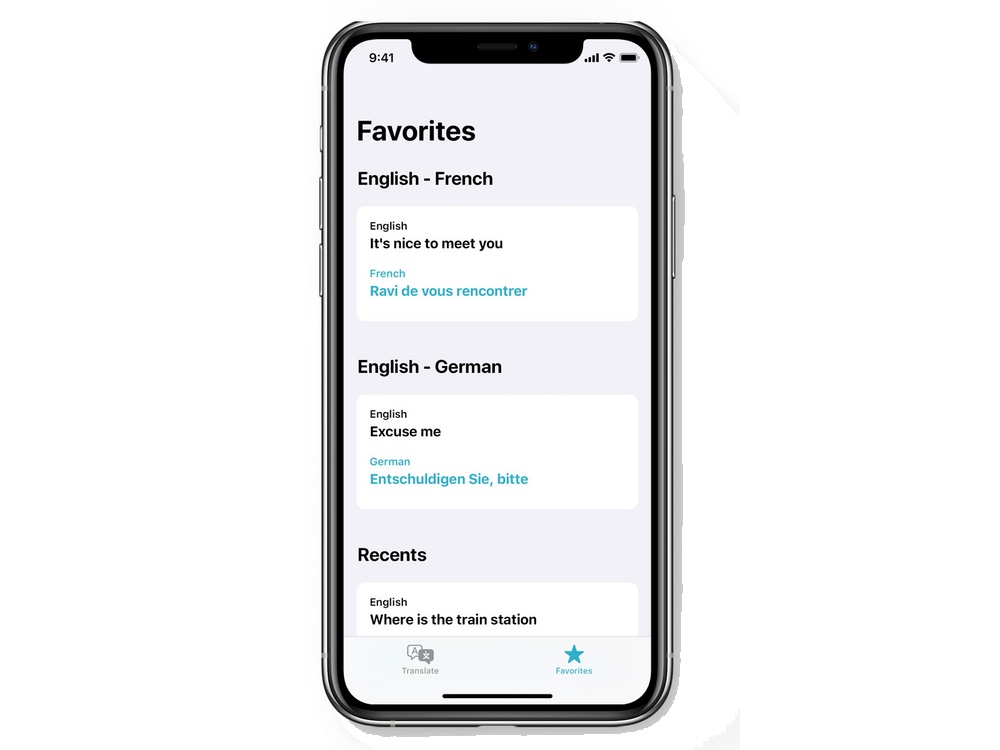
But one feature Apple really didn't dive into is the Favorites tab in the Translate app. From here, you'll be able to view your recent history and save any phrases you've had translated. That latter capability could come in handy on trips overseas or if there's a frequently used phrase you find yourself needing to translate.
Assigning Reminders
The Reminders app isn't getting a major overhaul in iOS 14, but Apple has added a new capability that makes it easier to split up tasks. You'll be able to assign reminders to people you share lists with, making it easier to make sure everyone knows who's responsible for which to-do.
Speaking of lists, iOS 14 lets you create a reminder right from the lists screen, saving you from having to enter a specific list to create a to-do.
Sign language in FaceTime
In another one of iOS 14's impressive accessibility enhancements, FaceTime now detects when someone on a call is using sign language. If it's a Group call, that person's window will become more prominent in the app so that it's easier to see their signs.
Autofilling contacts
iOS 14's keyboard gets a neat time-saving feature that also won't sacrifice your privacy. You'll be able to type in the names of contacts into third-party apps, and the keyboard's Autofill feature will suggest phone numbers, email addresses or physical addresses if a field requests it. All this happens on your iPhone without the third-party app getting access to your contacts.
Philip Michaels is a Managing Editor at Tom's Guide. He's been covering personal technology since 1999 and was in the building when Steve Jobs showed off the iPhone for the first time. He's been evaluating smartphones since that first iPhone debuted in 2007, and he's been following phone carriers and smartphone plans since 2015. He has strong opinions about Apple, the Oakland Athletics, old movies and proper butchery techniques. Follow him at @PhilipMichaels.

